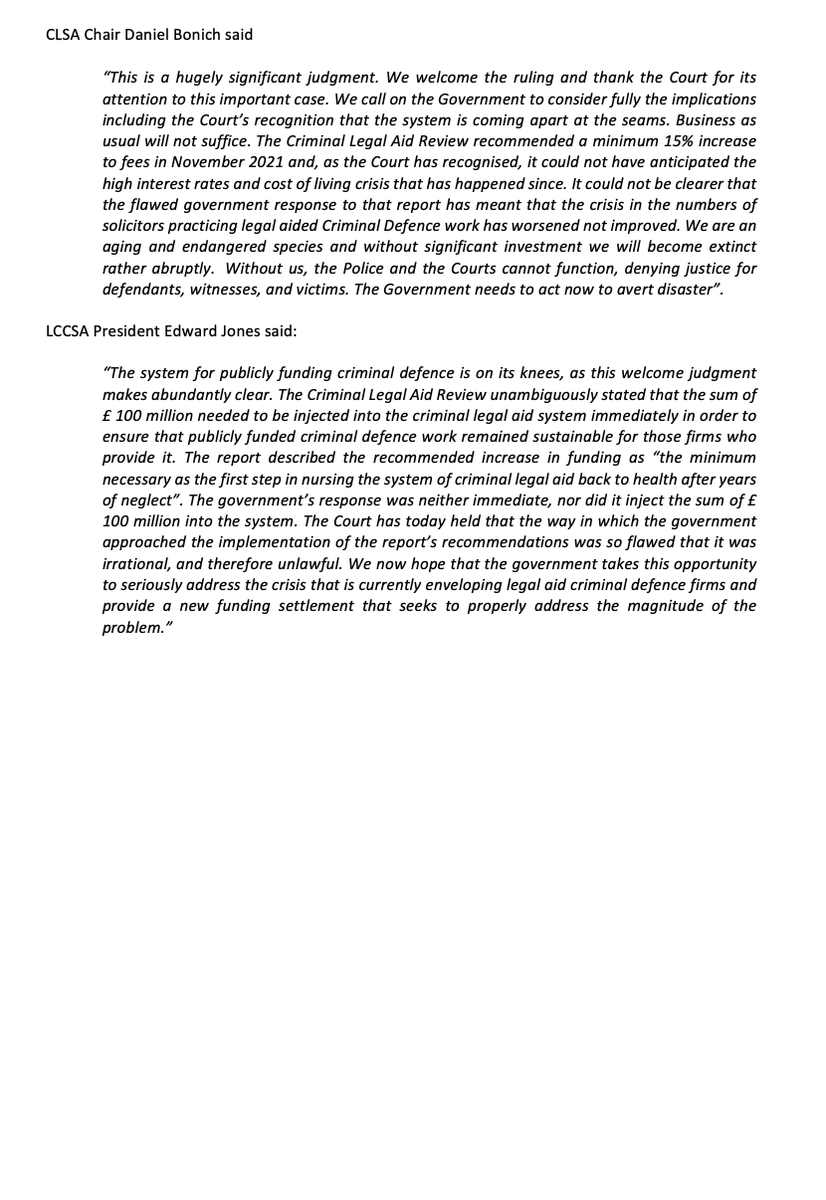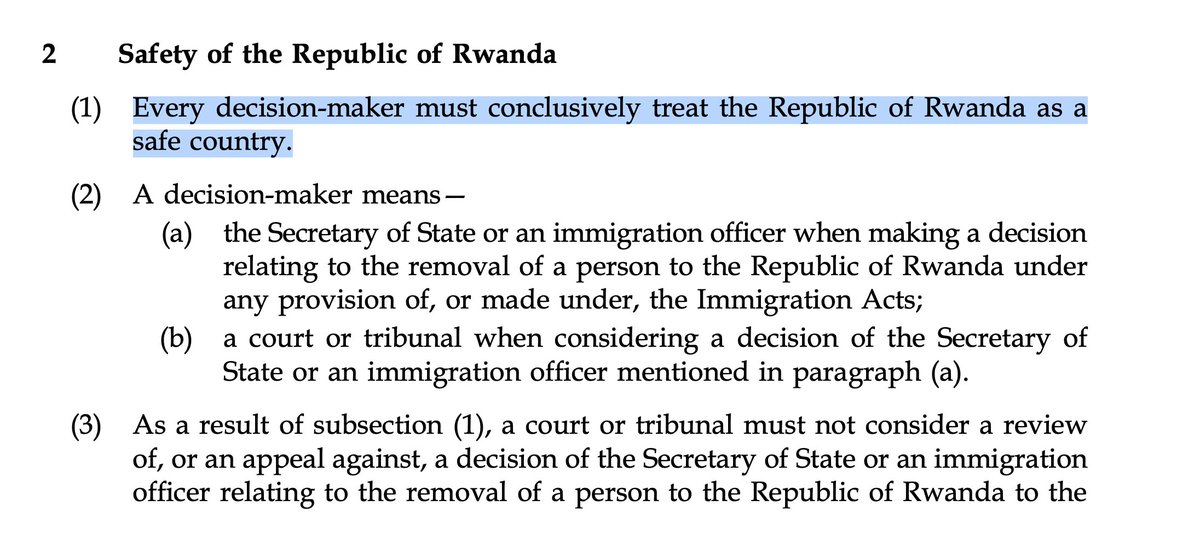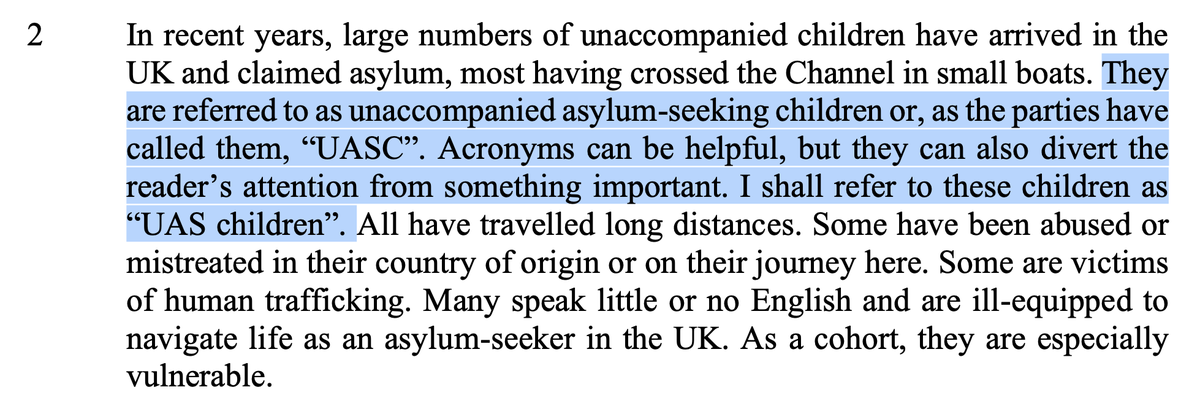Someone emailed me to say there appears to be an error in the government's Covid guidance - repeated four times.
"You must not socialise indoors with anyone you do not live with or have formed a support bubble with."
I agree there should be a "not" before "formed"
"You must not socialise indoors with anyone you do not live with or have formed a support bubble with."
I agree there should be a "not" before "formed"

The whole point of support bubbles (which the govt guidance is clear on) is once you form one it is as if two households become one household, which applies for meeting indoors or outdoors.
gov.uk/guidance/makin…
gov.uk/guidance/makin…

Here is a link to the guidance. I hope it hasn't unduly confused people (assuming I am right, which I think I am as the text doesn't fit with the overall scheme or the point of support bubbles)
gov.uk/guidance/covid…
gov.uk/guidance/covid…
If people think the guidance can be read accurately, let me know.
• • •
Missing some Tweet in this thread? You can try to
force a refresh





















